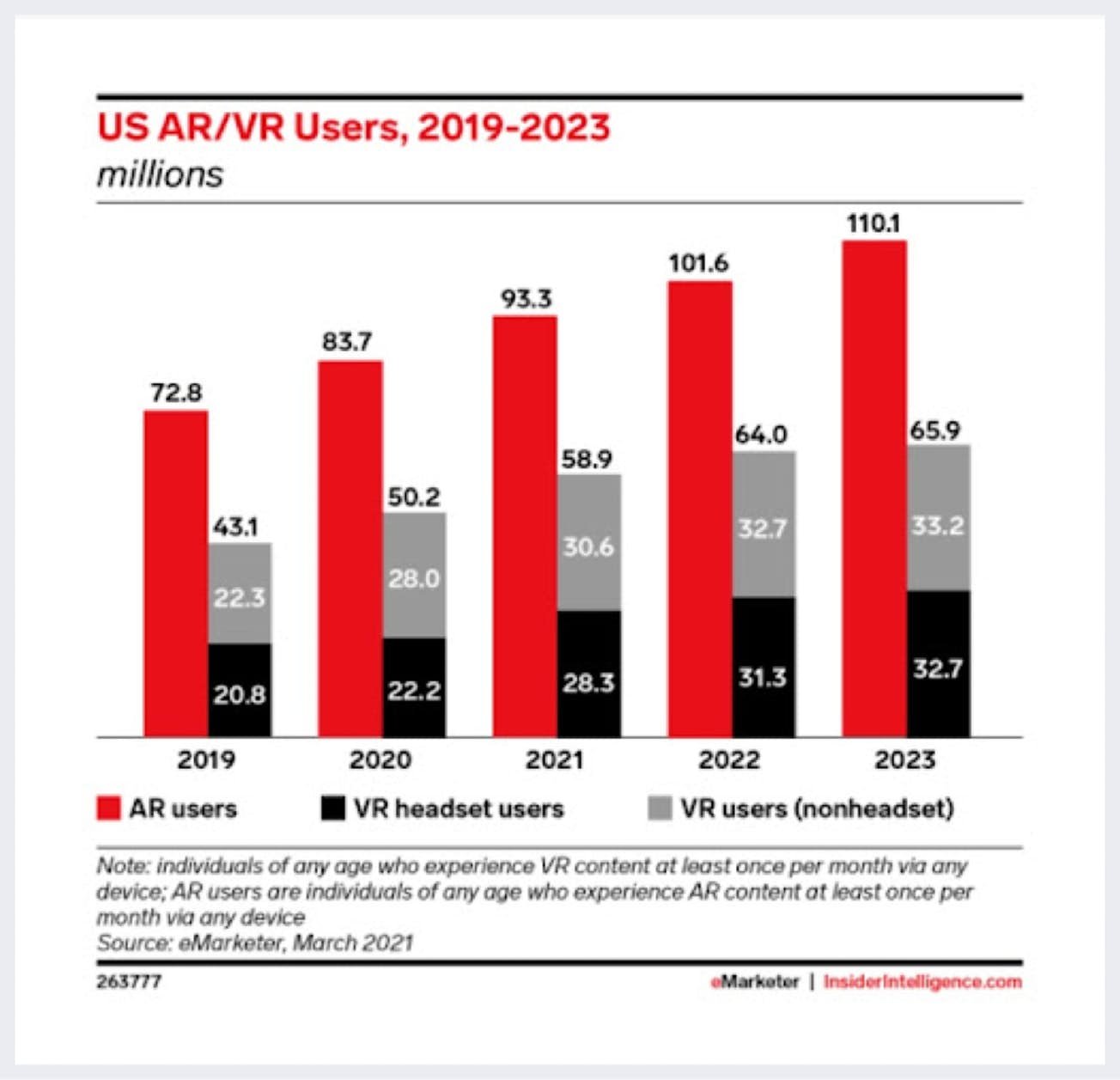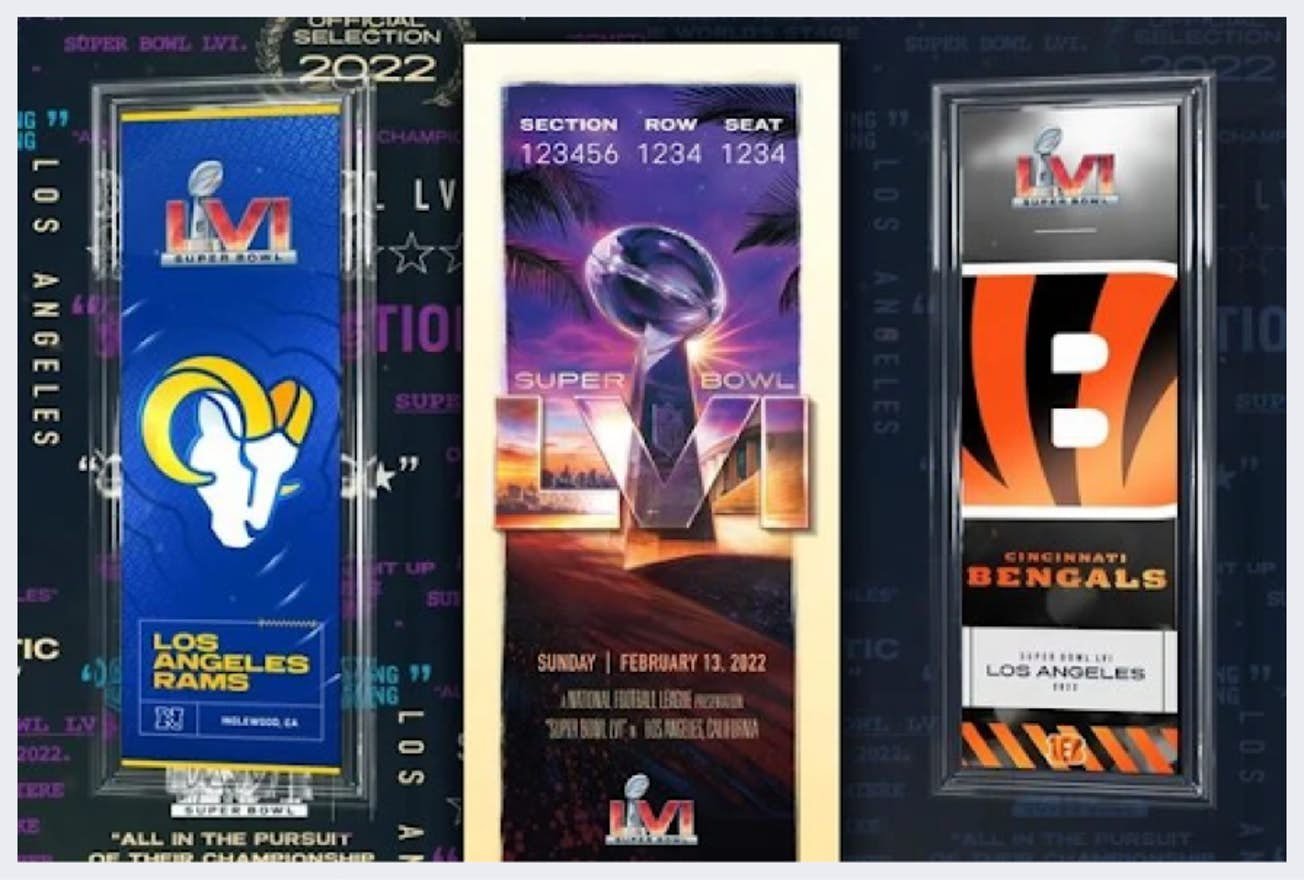Metaverse will become a playground for marketers
In October 2021, when Facebook changed its parent company's name to Meta, the metaverse came to the attention of marketers.
This move, according to Facebook’s CEO, Mark Zuckerberg is because “the metaverse is the next frontier in connecting people, just like social networking was when we got started. Over time, I hope we are seen as a metaverse company, and I want to anchor our work and our identity on what we're building towards.”
But what exactly is the metaverse? Through the use of Augmented Reality (AR) and Virtual Reality (VR), it's a network of 3D virtual worlds people can interact in. Several popular gaming platforms operate in this area already, including Minecraft, Roblox, Pokemon, and Fornite, which are all familiar to the youngest demographic of all - Generation Alpha.
As a digital channel, the metaverse is relatively new, but brands have embraced its immersive nature for advertising in recent campaigns. For instance, Roblox hosted Gucci Garden, where users could dress their avatars in Gucci products. The purpose was to increase brand awareness among younger consumers.
What are the reasons for marketers to consider the metaverse as one of the digital marketing trends for 2022? In 2023, 65 million people will use VR and 110 million will use AR, according to eMarketer research. There are a lot of young customers in one place.
Artificial intelligence will both hinder and help data privacy
In recent years, there have been frequent reports of data breaches where people's privacy has been compromised. Customers and brands are increasingly concerned about the possibility that their sensitive data can be hacked or leaked online since the world operates more and more online.
Through search engine algorithms and recommendation engines, Artificial Intelligence (AI) collects data about people without their knowledge. The evolution of AI provides an increased ability to collect personal information and intrude on people's privacy.
Approximately 40% of privacy compliance technology will be based on artificial intelligence by 2023, according to a Gartner study. This figure is expected to rise to $8 billion by 2022.
“Artificial Intelligence has been around for a while, and people are beginning to use it. But I think how it intersects with privacy is going to be really important. How do you gather data, while staying within the bounds of privacy law requirements?” says Ken Fitzpatrick, CEO of the DMI.
However, AI can be used in a way that protects privacy. The use of AI in data privacy initiatives can help companies classify sensitive data and search data in order to identify individuals that have asked to be forgotten (a specification covered by privacy regulations like GDPR).
Brands Will Start to Use NFTs (Non-Fungible Tokens)
The blockchain technology has seen its fair share of detractors. This technology stores data using peer-to-peer networks, making it compatible with cryptocurrencies like Bitcoin and Ethereum. In addition, it has been used to create another popular virtual currency, Non-Fungible Tokens (NFTs).
“NFTs are really interesting. Initially, I went, oh, not another one,” says Brian Corish, Experience Architect at Accenture Interactive. “What NFTs do is a sort of signaling. Like, why would you wear a Rolex watch? Well, you're kind of signaling I'm well off, or I'm successful.”
NFTs are a digital marketing trend, but how are they affecting the marketing sector? In the metaverse, brands use NFTs to connect owners to communities or to use as digital badges.
The NFL gave all spectators an NFT for the 2022 Super Bowl that was unique to their row and seat to commemorate their tickets and be used as a digital keepsake.
As a leading media company and magic maker, Disney is actively recruiting metaverse experts in order to better connect the physical and digital worlds. This will allow for “storytelling without boundaries in a Disney metaverse”. Adidas and Prada have also launched an art project that invites artists to contribute to a tiled canvas that will be turned into an NFT and sold.
“You're starting to see: I can own this, I have this one-of-one thing and it's a digital asset. You'll see luxury brands going into the metaverse and saying, you can have this one-of-one outfit for your character,” concludes Corish.
Learn more about how to have a holistic social media marketing strategies by joining our globally recognised certificate course today - taught by the industry experts!
Source: Digital Marketing Institute



